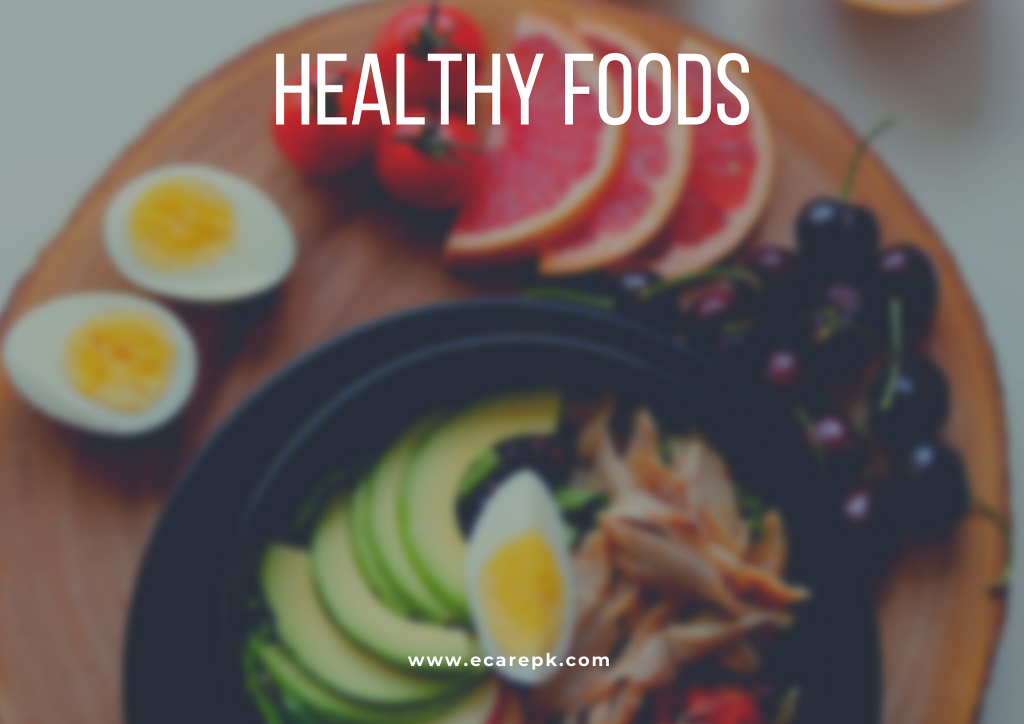A healthy diet is good
for your physical and mental health. It can reduce the risk and severity of
obesity, heart disease, diabetes, hypertension, depression and cancer. Sometimes
we eat because we enjoy different food tastes and experiences. Food and food
distribution are important social events. But in addition to
happiness, we need food to get nutrients, vitamins, minerals and energy.
Very
few foods are either all good or all bad. It should be easy to enjoy food and
stay healthy by keeping a balance in your diet. There are seven
main factors in a balanced diet: carbs, protein, fat, fiber, vitamins, minerals
and water.
Diet and weight
As a rule, on the off
chance that we eat less calories than our body needs for energy, we will get
thinner. On the off chance that we eat an overabundance we put on weight.
However, this isn’t the entire story. We as a whole have an individual
equilibrium relying upon how our body signs to itself to handle food. A few
group consume more energy and in an unexpected way, and this clarifies a
portion of the variety by they way we as a whole look.
This can likewise
change over the long run through life relying upon whether we are as yet
developing and when we get more seasoned. A few food sources are prepared by
our bodies in manners that are more sound. This will in general be food
varieties that delivery sugars all the more leisurely and that contain fiber.
Different food varieties including soaked fats and food varieties that are high
in salt or straightforward sugars can adversely affect wellbeing due to how the
body measures them.
Calories and way of
life
The normal number of
calories you need every day can differ. It is impacted by many elements including
sex, age, digestion, actual work, development and pregnancy. Body stature,
weight and size, hereditary qualities, chemical levels and any sickness can
influence how much energy we need. Normal every day rules suggest around 2500
calories for men and 2000 calories for ladies.
Contrasts inside
supplements
There are sound and
less solid dietary wellsprings of supplements, particularly for (carbs) and
fats.
Carbs:
basic versus complex
Rules suggest that
starches (“carbs”) structure the premise of most weight control
plans, making up portion of absolute energy (calorie) consumption. This
nutritional category can be isolated into complex (great) and basic (terrible)
carbs.
Complex carbs
(wholewheat flour and pasta, and earthy colored rice) contain bigger chains of
sugar atoms. These take more time to process than handled grains. This causes
you to feel full for more, assisting with controlling your hunger. Complex
carbs give energy and are key wellsprings of fiber, B nutrients and minerals.
Refined complex carbs
(white flour, pasta and rice) are processed all the more rapidly by the body.
This makes them a quicker wellspring of energy. Nonetheless, these sorts of
carbs don’t offer as numerous extra supplements. This is the reason entire
wheat and brown carbs assist with working on the general nature of your eating
routine.
Straightforward carbs
are the sugars. These can be regular (for example
fructose found in natural product) or refined (for example sucrose or glucose
in sodas, desserts and bread rolls).
Another key
carb-related term is the Glycaemic Index (GI). This identifies with how rapidly
the sugar is delivered into the circulatory system.
Low GI food varieties
discharge sugar gradually. This gives a delayed inventory of energy to the
body. Higher GI food varieties give more limited explosions of energy.
Many components
influence the GI of a carb including whether the carb is straightforward or
complex, how the food is prepared and furthermore what it is eaten with.
Products of the soil
are carb food varieties. They incorporate a wide scope of nutrients and
minerals just as dissolvable fiber. Focusing on five parts of foods grown from
the ground a day is useful for your heath.
Organic product juice
is considered one of your 5-a-day, yet in case you are watching your weight it
is smarter to eat entire organic product which takes more time to process and keeps
you feeling full for more.
Fat: saturated and
unsaturated
Dietary fat is
significant for making solid cells. It produces chemicals and other flagging
particles and is a wellspring of energy and energy stockpiling.
Two classifications of
dietary fat are immersed and unsaturated. They have similar measure of calories
however various impacts on your wellbeing. We need to focus on a decent harmony
between the distinctive dietary fats to advance our wellbeing and diminish
wellbeing hazards.
Immersed fats are for
the most part strong at room temperature and these are the fats that will
contrarily affect our wellbeing. They are the normally happening ‘awful fats’
and are found in margarine, hard cheeses, greasy meat and meat items, cream,
fat, suet and some plant oils including coconut oil and palm oil.
Unsaturated fats
incorporate the polyunsaturated, monounsaturated and Omega 3 fats. These will
decidedly affect our wellbeing. Monounsaturated and polyunsaturated fats are
found in oils like olive, rapeseed and sunflower.
Omega-3 and omega-6 are
known as fundamental unsaturated fats (Efa’s) on the grounds that the body can
just get these from diet. They are found in slick fish like sardines, salmon
and mackerel.
Trans fats are a type
of unsaturated fat that infrequently exists in normal food however are related
with to some extent hydrogenated vegetable oils. They are regularly added to
prepared food sources like cakes and bread rolls thus these ought to be eaten
less frequently and in modest quantities.
Trans fats as cooking
oils have been restricted in certain locales on account of their effect on
cardiovascular wellbeing.
© 2021 Niazi TV – Education, News & Entertainment
